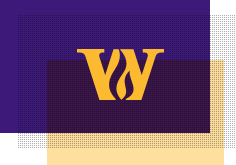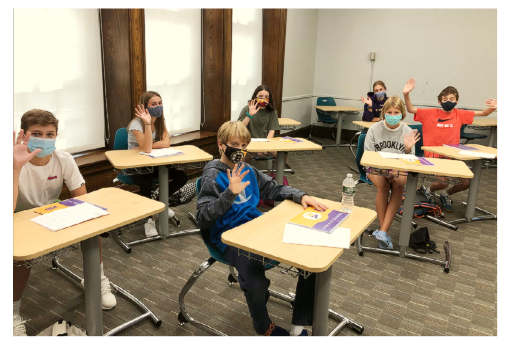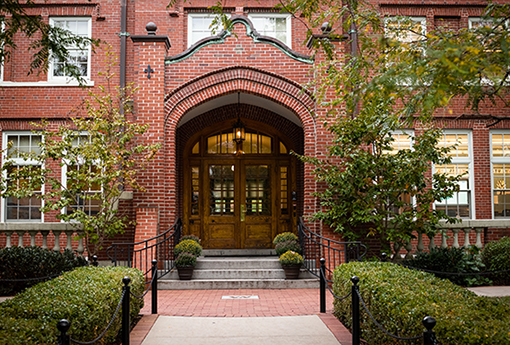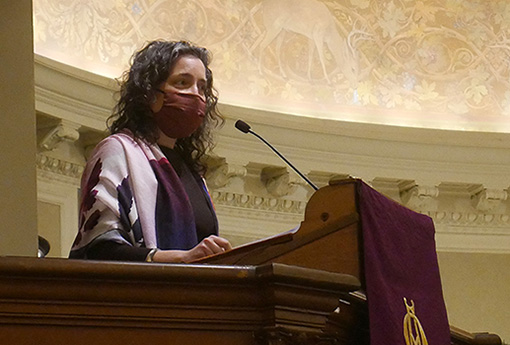
Learning Gains and Losses: Meeting the Kids Where They Are
March 2, 2021
By Allison Gaines Pell,
Head of School
Over the past few months, a growing chorus of concern has arisen regarding the accumulated “learning losses” students may suffer from the pandemic. Naturally, we are all concerned about what our children are missing this year. But I want to challenge this notion of “learning loss” for a few reasons.
First, we meet kids where they are. Every year, here at Wheeler, teachers greet a new set of students in September and assess where they are. Teachers have their own learning goals, of course, and yet inevitably, the kids show up in different ways. Some students are behind, some are ahead, and some are right on target. This is the nature of learning and of human development and great teachers know that learning happens best when we start with getting to know and see them as individuals. This coming year will be no different – except that teachers will pay even closer attention to not only where a student is are beginning the year, but also -even more than usual – how they are. Exceptional teachers – we are lucky to have many – will build on the teacher-student relationships that sustain us all to get them right back on track and watch for where they may falter.

Second, a school year as a zero-sum game is an old-fashioned idea, made popular by the “Committee of 10” in 1892, who convened to rectify differences between states in the American education system. They developed a sequence of courses organized by school years – 9th, 10th, etc. – and a set of knowledge – English, History, etc. – that would subsequently be connected to Carnegie Units and “seat time.” It reflects a belief that knowledge can be poured into the brains of our children, who then, through that process, become “knowledgeable.” This philosophy has governed our schools since that time.
Today, we know much more about the brain and human development, enough that we know this is simply not how young people (or anyone for that matter) learn. In today’s world, given the new economies and new careers that appear before us (or that have yet to be identified), given the inventions and discoveries that need to be made, and given the problems that must be solved, our schools have to aspire to a higher mission.
Schools must be places where young people learn to think, question, and express, where they can be seen and known, where they can find and explore their ideas and passions to learn and relearn their whole lives long.
School is for the practice of learning and the consolidation of their solid foundation for that learning for life. The best schools, from elementary through higher education, know this; a tour around the nation’s top colleges’ websites will demonstrate how the mission of higher education has changed on this front as well.
Finally, I would argue to those with a legitimate concern about learning loss that there has also been at least some learning gain from this awful pandemic. Over the course of this year, as I observe children at play, learning, achieving, and relating, I have never been more optimistic. They have learned more about resilience, persistence, cultural sensitivity, inequity, and gratitude than we ever could have taught them in a “normal” year at school. I suspect this generation will do more with their gained empathy and compassion, their dedication to science, service, and social justice, to their understanding of the power of the arts and written expression than we could have imagined or hoped or put into a lesson plan. They’ll put these new powers to use in whatever paths they choose.
At Wheeler, we are driven by the conviction of learning for life that is embodied in the words of our prescient founder, who believed school should ensure that all students “learn their powers and be answerable for their use.” This mission does not begin and end with September and June, nor with a simple list of specific skills or content. While those certainly matter, we all know we will be adjusting the curriculum over the coming years to ensure that every student makes their way towards understanding. In the end, however, our mission is higher, driven by the human and never-ending work of learning how to be human, how to relate, how to pursue, achieve, bounce back, and most importantly, how to think.

